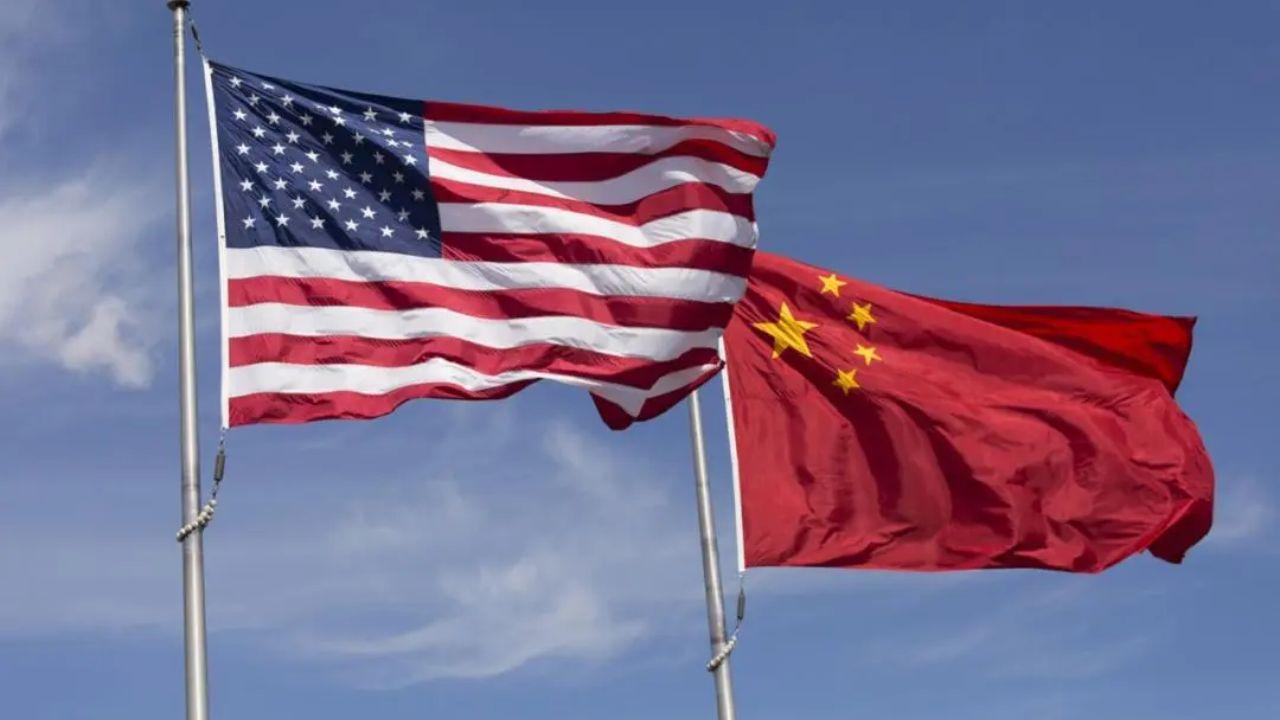Trade talks between the US and China are delayed, with rare earth dominance and export curbs by China causing fresh hurdles. SBI Funds suggests the July 9 tariff deadline may be extended. While global EV and electronics sectors feel the pinch, India, Japan, and Vietnam are well-placed to secure new trade deals with the US.

Representational Image. File Pic
A report from SBI Funds Management on Friday highlighted that trade negotiations between the United States and China are moving slowly; the slow process of trade negotiation might raise the chances of tariff deadlines being extended. The slow negotiation process between the two countries seems to be a major roadblock in the global trade circle.
The report by the financial institution highlighted that the ongoing talks between the two countries have once again hit a familiar deadlock, with both sides showing limited progress. A major concern in these discussions is China’s dominance in rare earth processing, an area where it controls 90 per cent of global capacity.
With China dominating the rare earth processing sector — which is crucial for various industries, especially electric vehicles, electronics, and clean energy — they are negotiating hard with the United States.
As reported by news agency ANI, China has already started placing curbs on the export of rare earths.
The report from SBI Funds Management also mentioned that this move is beginning to affect the global automobile sector, particularly electric vehicle production in the US, Europe, and India. The situation adds more complexity to the ongoing trade talks between the two countries.
However, amid the chaotic situation, the current deadline for tariff decisions was set for 9 July 2025. While US President Donald Trump recently announced that the tariffs announced in April will be implemented from 1 August against countries that failed to sign a deal, the recent report significantly expresses doubt that there could be a further extension of the deadline due to the slow pace of the negotiations.
As reported by ANI, the SBI report also pointed out that many countries are still focused on maintaining stable trade relations with China, which is making it difficult for the US to push forward its tariff plans.
Despite US efforts, China remains a key player in global trade and is largely not part of new trade agreements being formed.
Among the US’s trade partners, India, Vietnam, and Japan are in a better position to finalise trade deals. India, in particular, is actively working to reduce tariffs and is one of the few nations showing interest in investing in US sectors like semiconductors and shipbuilding.
Earlier, India had also revised its proposal to impose retaliatory duties under the WTO (World Trade Organisation). Following India’s retaliation to the hiked import duty on steel, the suspension of concessions would result in an equivalent amount of duty collected from products originating in America.
With the ongoing tariff instability across the globe, global trade seems to be uncertain until the tariffs are announced officially.
(With ANI Inputs)
 Subscribe today by clicking the link and stay updated with the latest news!" Click here!
Subscribe today by clicking the link and stay updated with the latest news!" Click here!










